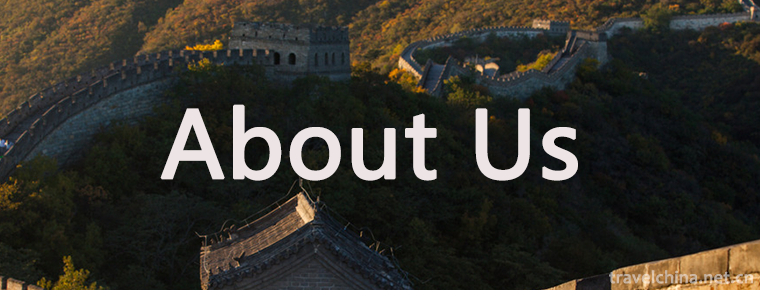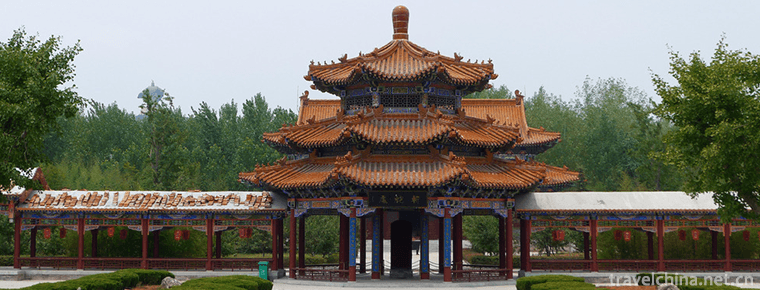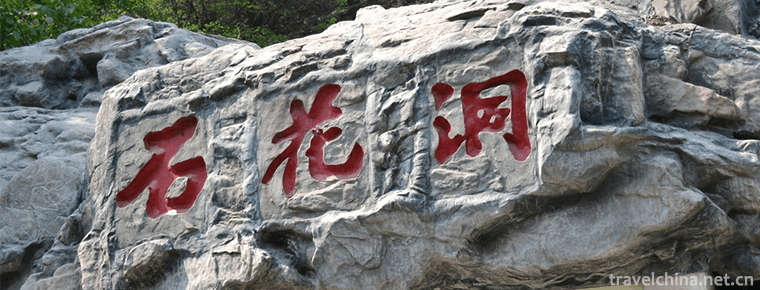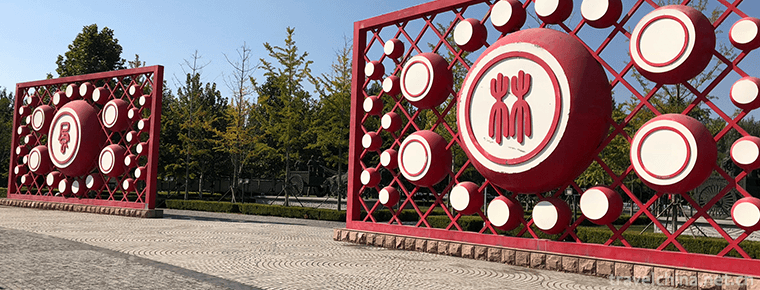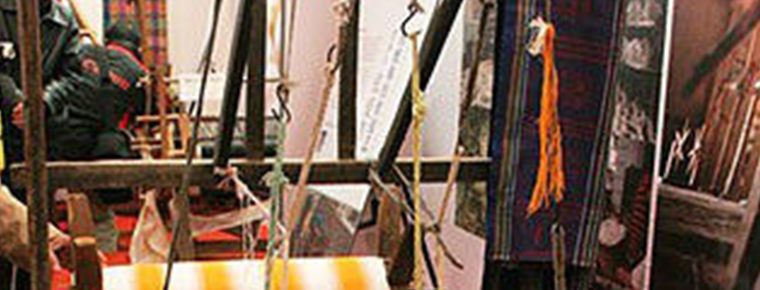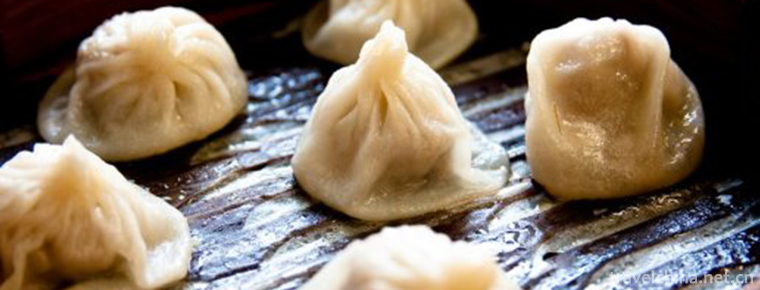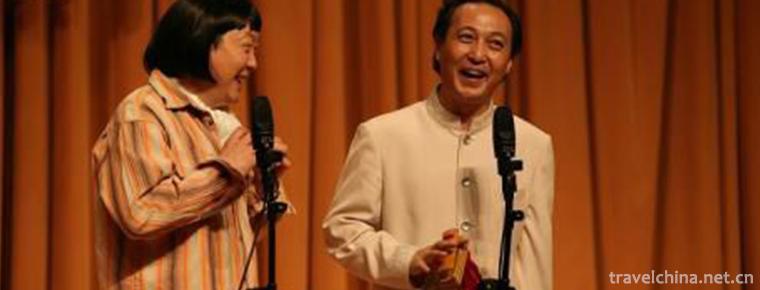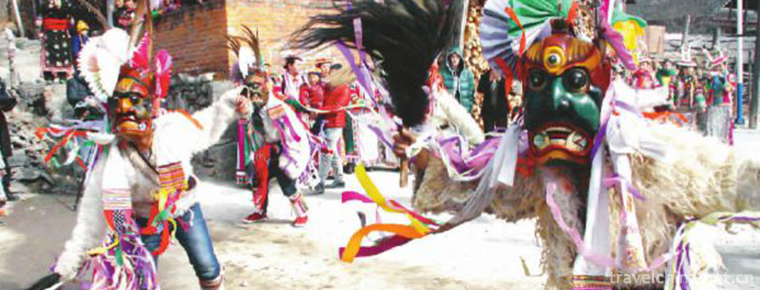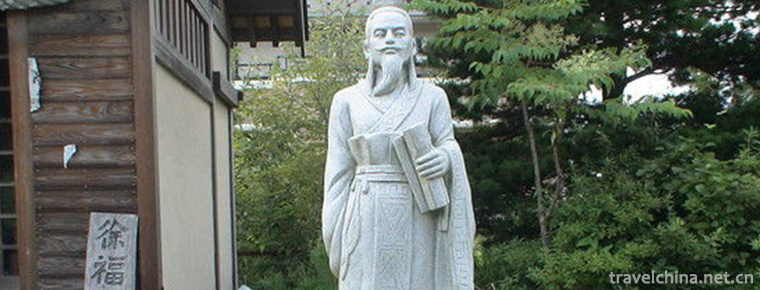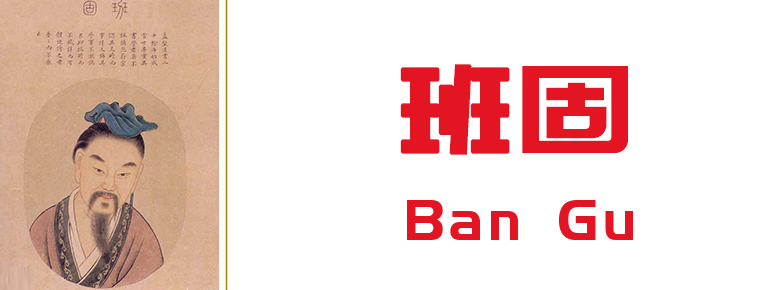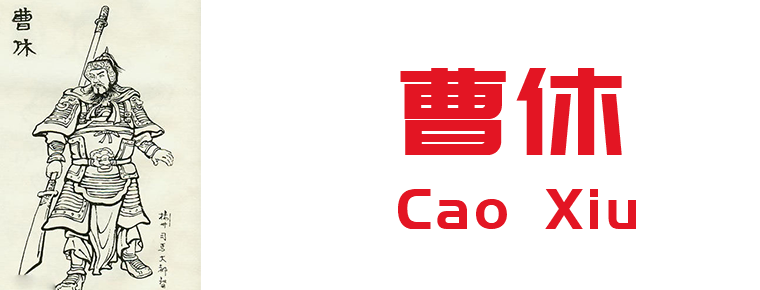Mamuteyi Ma mu te yi
Mamuteyi Ma mu te yi
Mamuteyi, translated into Chinese as Education Classic, is the product of the slavery society of the Yi people in Liangshan. In the Yi language, "Ma" means education, instruction and persuasion, while "Mu" means wisdom, wisdom and excellence, and "Teyi" means books and scriptures. Ma Mu Teyi is a Scripture for educating people to do things and be human beings. It is also translated into the Educational, Xunshi and Xunshi Poems. Because of transliteration, Mamuteyi is sometimes translated into Mamuteyi and Mamuteyi.
Historical origin
Mamuteyi has a long history. Its spread is mainly in the form of recitation, oral transmission and handwritten copy, which is embodied in the traditional folk culture of Yi people, such as various folk mottos and poems. Up to now, there is no unified version of Mamuteyi.
In Yi society, there are two kinds of legends about the author of Mamuteyi: one is that Mamuteyi was written by an ancient man named Akalaz (also known as Bakalazi), and that Akalaz and Shierot were of the same age, even the legend about Shierot was written by him; the other is that Mamuteyi was written by Adulp. People do. Among the three men, Sia Niu Zi, Akala Zi and Adulp, Akala Zi is older, followed by Sia Niu Zi and Adulp Zi. But Adulp has 30 to 40 generations since then. If we calculate each generation by 30 years, it has more than 1000 years. Therefore, Mamuteyi has undergone a long and gradual process of formation, but the formation of more than a thousand years is worth our further investigation.
From the content of social history, hierarchical relations, ideological development, dialectics, civilization progress, customs, ethics, outlook on life and values of the Yi people included in Mamuteyi, it can not be from one person at a time, but the crystallization of collective wisdom of the Yi ancestors of countless generations, which is gradually stereotyped on the basis of long-term oral transmission.
Age of generation
Mamuteyi is an important classic of Yi language education, which is popular in Liangshan and Liangshan, and is the main representative of Yi folk oral literature. For thousands of years, Ma Mu has been educating and standardizing the Yi people from all aspects, and has played an important role in the education and social life of the Yi people in Liangshan. The historical origin of Ma Mu can not be accurately verified. Combining with its content, it can be inferred that Ma Mu was the product of the formation of class society, and its spread history has been long. Although there are Mamu's Akaraja, Adulp and Anuzipu's works among the Yi people, we can see that Mamu can not be an individual creation in one place at a time according to its content, form, social function and circulation, but a collection of the experience of the Yi people for thousands of years, which is the crystallization of the collective wisdom of the Yi people.
Distribution area
Mamuteyi is mainly spread in Liangshan Yi Autonomous Prefecture of Sichuan Province. Liangshan Prefecture is located in the southwestern part of Sichuan Province. It is located between 100 degrees 03'-103 degrees 52'in the east longitude and 26 degrees 03'-29 degrees 18' in the North latitude. It administers Xichang, Xide, Yanyuan, Dechang, Huili, Huidong, Ningnan, Puge, Butuo, Jinyang, Meigu, Zhaojue, Mianning, Yuexi, Ganluo, Meigu, Leibo and Muli, totally 17 counties and cities. This is the largest Yi community in China. This land has bred splendid and long national cultural resources and colorful national customs. Mamuteyi has been handed down from generation to generation among the Yi people. It has rich connotation, profound thought and far-reaching influence.
In addition to Liangshan Prefecture, it is also spread in Leshan, Panzhihua, Ya'an, Ganzi and Ninglang County of Yunnan Province.
primary coverage
Mamuteyi has a wide range of contents, including history, geography, astronomy, calendar, rules and regulations, but its core is the content of moral education. It has different contents for different ages, different groups and different gender.
basic content
Mamuteyi is also called Mamuteyi, which means education, instruction and persuasion; Mamuteyi means wisdom, wisdom, excellence and virtue. Mamuteyi is the classical language of educating people to do things and behave as well as translated into educational classics, education classics, education classics, education classics, and education poems. It is the product of Liangshan Yi's history and culture. Its main contents are:
1. Ma Mu, in the form of classical epic chapters, profoundly expounds the philosophical law of life in reality according to the age clues of Yi men from childhood to old age, from old to old, such as "a round of thirteen years old, long flesh is not firm, vertebral bone is not finalized, people are careful and naive, horses tread unsteady, people think little and play, running nine places a day..." Twenty-five or six years old, like a dragon and a tiger, people can follow, escape, I think others are full, I think others are hungry, if wise and foolish.....
Second, it reveals the principle that contradictions exist everywhere in the world and that everything in the world can be transformed into opposites. For example, "Heaven and earth are opposite, the sun and the moon are linked, and the sky and the earth will be together; the dispute between the monarch and the people, grain disputes, with the horse to resolve, the monarch and the people will be reconciled; relatives and relatives, bride gifts, harmony, cows and sheep to reconcile, relatives will be happy...".
Thirdly, it expounds the truth that all things in the world have their own survival and law of life.
Fourthly, it expounds the basic situation and corresponding responsibilities of five kinds of people in the Yi slave society, namely, Lizi, Momo, Bi, Xie and Zhuo.
Fifth, Ma Mu advocates equality for all people, such as "master-son depends on slaves, do not deceive slaves, master-son is not important, master-son is a person, slaves are human...".
6. Explain the truth that unjust wealth should not be greedy.
Seventh, people need to learn and the truth of lifelong learning.
8. Put forward to the world the principle of not being arrogant and overbearing.
9. Promote civility and courtesy to the world, such as "people in the world treat their friends with courtesy, have many friends, treat them with courtesy, treat them with courtesy, treat them with courtesy, treat them with courtesy, treat them with courtesy, treat them with courtesy, and marry them happily."
10. Talk about the principles of respecting the old and loving the young, being diligent, being honest and trustworthy, uniting and loving.
11. Oppose theft and obscenity. For example, "greedy people do not steal, stealers cut meat punishment, stealers have no dignity; greedy people do not pry houses, prying houses show poor acid; greedy people do not rape, adulterous personality; steamed meat do not steal chickens, steal chickens the worst; steal money to change trousers, wear disgraceful. Children and grandchildren, sons should not think of stealing, women should not run away with their hearts..."
12. Ma Mu has the way of making fewer enemies and more friends. For example, "Friends are better, enemies are less, friends are not more, enemies are not less...".
basic feature
1. Educational characteristics.
Mamuteyi's education targets include children, adolescents, young people, middle-aged people, the elderly, men, women, the ruling class, the common people and social life, and so on. While educating the ordinary people, she should also educate the ruling class equally. Therefore, Mamuteyi always takes education as the core content and always stands on the position of superclass to teach the world. It has the characteristics of highly vulgar position and comprehensive and practical education.
2. Philosophical characteristics.
Ma Mu covers social history, hierarchical relations, ideological development, civilization progress, customs and habits, ethics and morality, dialectics, customary law, outlook on life, values, world outlook and other rich content, with strong philosophical rationality.
Third, the characteristics of regulating people's behavior and habits by age groups.
Mamuteyi's structure is composed of longitude of age and latitude of moral sentiment. Taking every 13 imaginary years as an age group, this paper divides the life course from 1 to 99 years into several age groups, accurately expounds the different physiological and psychological characteristics in different periods of life, and then puts forward different requirements of moral norms and codes of conduct, which is the difference between Mamuteyi and other ethnic groups'educational classics.
Fourth, it is widely spread and has far-reaching influence.
Mamuteyi has been handed down from generation to generation in the Yi areas of Sichuan and parts of Yunnan. It has a profound social foundation and a wide range of popularity. It is the code of conduct of human and nature, interpersonal relations, and ethical and moral thoughts within the Yi society, and has a far-reaching impact.
Basic value
I. Value of Educational Research
Mamuteyi is a kind of educational classics spontaneously produced in the long-term production and life practice of the Yi people. Its educational form is varied, there is no fixed educational place, no fixed educational time, and the educational form is fully life-oriented and liberalized. Its purpose is to correct people's moral behavior, train people to master various knowledge and teach people how to be human. The content of education is extremely unique and rich. The ideological content is close to the Yi people and their lives. As a unique educational resource, the most important thing is that it is closely linked with people's daily life and integrated into life. Therefore, this educational resource is easy to recite, and can be strengthened in time, so that people can receive various kinds of education in natural life. Mamuteyi gathers the thoughts and experiences of Yi ancestors and implies the system, scope and meaning of lifelong education. It has always been respected, studied, applied, inherited and protected by the Yi people. It has strong ideological enlightenment and educational research value.
Second, the research value of traditional moral norms and Yi customary law.
Ma Mu is a secular educational classic that influences the world outlook and value orientation of the Yi people in Liangshan. It is the code of conduct and moral norm of the relationship between man and nature and between man and man in the society of the Yi people in Liangshan. It is a universal yardstick of the Yi people's ideology and morality. It plays an important role in the order of various branches of the Yi people in the past and in the study of the traditional moral norms and customary laws of the Yi people. It has important value.
Third, the value of anthropology, ethnology, folklore and philosophy.
Ma Mu, as a long-standing classic of traditional ethical and moral education spread among the Yi people, has profound thoughts, rich contents, profound social and ideological origins, and has played an active and irreplaceable role in maintaining the Yi society in history. Ma Mutei's thought has maintained the Yi Society for thousands of years and enriched the ancient Chinese ethical and moral literature. It plays an important role in Yi's social ethics and morality, outlook on life and values, and has research value in anthropology, ethnology and folklore.
Fourth, inherit the value of development.
Many of the contents of Mamuteyi emphasize the harmonious relationship between man and man, man and nature, which can be used in all ages. These better traditional ethnic cultures should be studied step by step. They can be correctly applied to modern school education, family education, communicative public relations education and other aspects to serve the modernization construction. Therefore, Ma Mu has the value of inheritance and development.

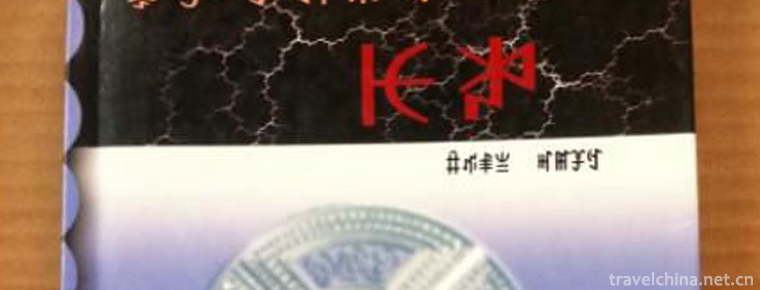
-
About Us
If you are interested in Chinese culture, Beautiful Scenery and Delicious Food, Welcome to China..
Views: 360 Time 2018-09-28 -
Mangdao Mountain Han Culture Tourist Scenic Spot
Located in Yongcheng City, Henan Province, Mangdao Mountain Han Culture Tourist Area is a national AAAAA-level scenic spot which integrates landscape sightseeing.
Views: 90 Time 2019-02-07 -
Shihuadong National Geological Park
Beijing Shihuadong National Geopark is located in Cheying Village, Nancheng Town, Hebei Province, Fangshan District, Beijing. It is a seven-storey karst cave 55 kilometers away from Beijing.
Views: 131 Time 2019-02-08 -
Sun Tzu Cultural Park
Sun Tzu Cultural Park is located in the East New Area of Guangrao County. It has been listed in the "four batches" key dispatching and promotion projects of the Yellow River Delta High Effic.
Views: 256 Time 2019-02-13 -
Traditional Cotton Textile Techniques
Chinese traditional textile technology has a long history. Since cotton was introduced from India in the 7th century, Chinese textile industry has changed from linen to cotton. .
Views: 219 Time 2019-04-19 -
hubei drum
The original name of Hubei drum is "drum book", also known as "drum storytelling" and "drum Beijing tune", etc. It is a traditional rap art popular in Xiaogan.
Views: 149 Time 2019-05-03 -
Traditional Cuisine Skills of Shanghai Bengang Cuisine
Benbang cuisine is a nickname for Shanghai cuisine and an important school of Han traditional catering culture in Jiangnan area. The so-called Ben Gang is local. It is characterized by thick red sauce.
Views: 132 Time 2019-06-13 -
Shulaibao
Shulaibao, a traditional Chinese folk art. Popular in northern China, the source is a means for beggars to ask for money. One or two people sing. Beat with a bamboo board or with a copper bell attache.
Views: 228 Time 2019-06-15 -
Jumping Cao Gai
Caogai jumping is prevalent in Baima Tibetan area of Pingwu and Nanping counties. It is held on the sixth day of the first month of the lunar calendar every year. Cao Gai is a Baima Tibetan phonetic t.
Views: 101 Time 2019-06-21 -
Legend of Xu Fudong Du
Xufu Dongdu legend is one of the local folklores in Cixi City, Zhejiang Province and Xiangshan County. It originated from the story that Qin Shihuang sought immortality and Xu Fu sought immortality bu.
Views: 155 Time 2019-07-08 -
Ban Gu
Ban Gu (32 - 92 years), Meng Jian, Fufeng An Ling (now Shaanxi Xianyang Northeast China, famous in Eastern Han Dynasty historian , Litterateur 。 Ban Gu's birth Confucianism Family, father Ban Bi Uncle.
Views: 259 Time 2019-09-06 -
Cao Xiu
Cao Xiu(? - 228 years). Pei country Qiao (now Anhui Bozhou People. Three countries the Wei state of the Three-Kingdoms Period General, Cao Cao Clan..
Views: 228 Time 2019-09-15
